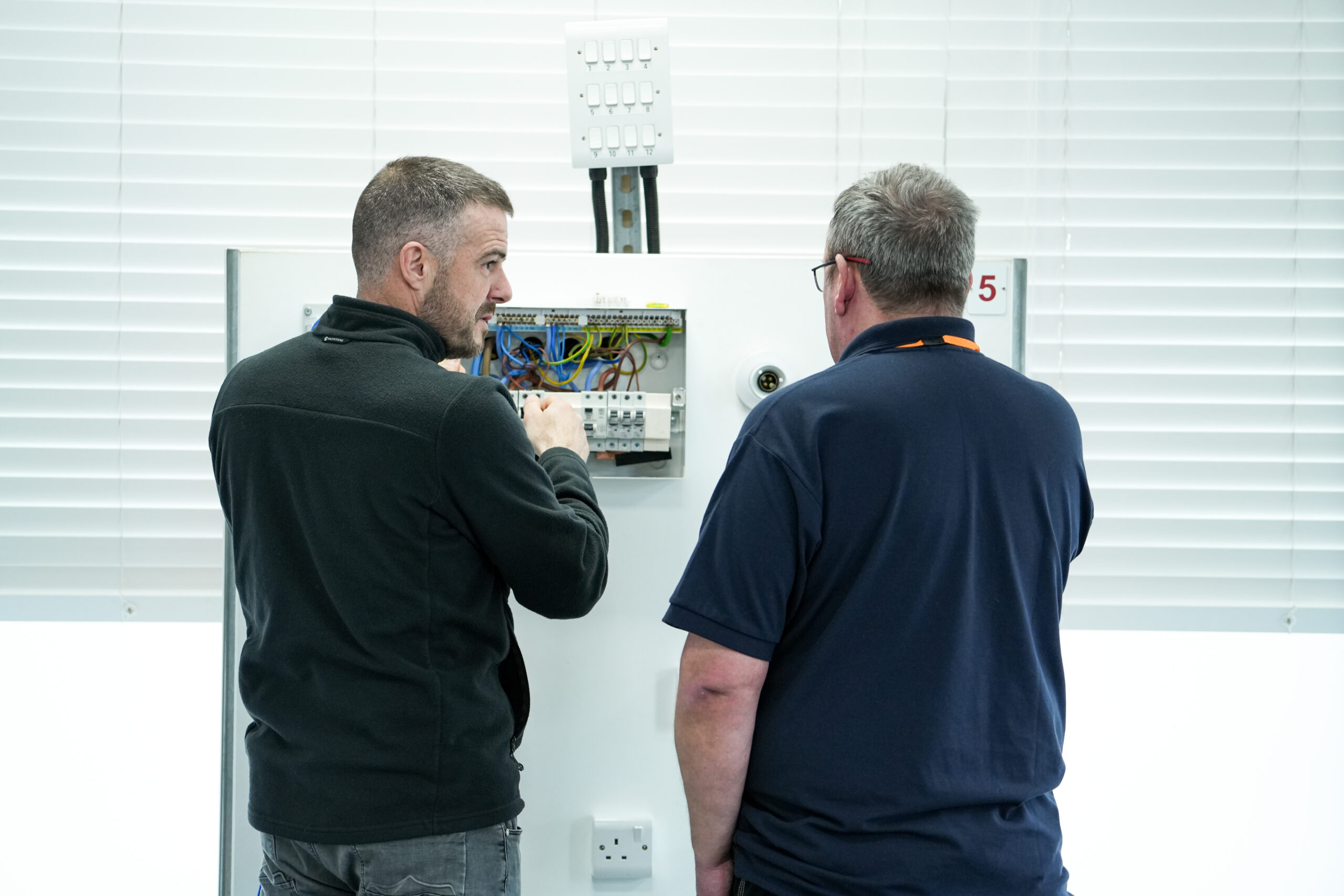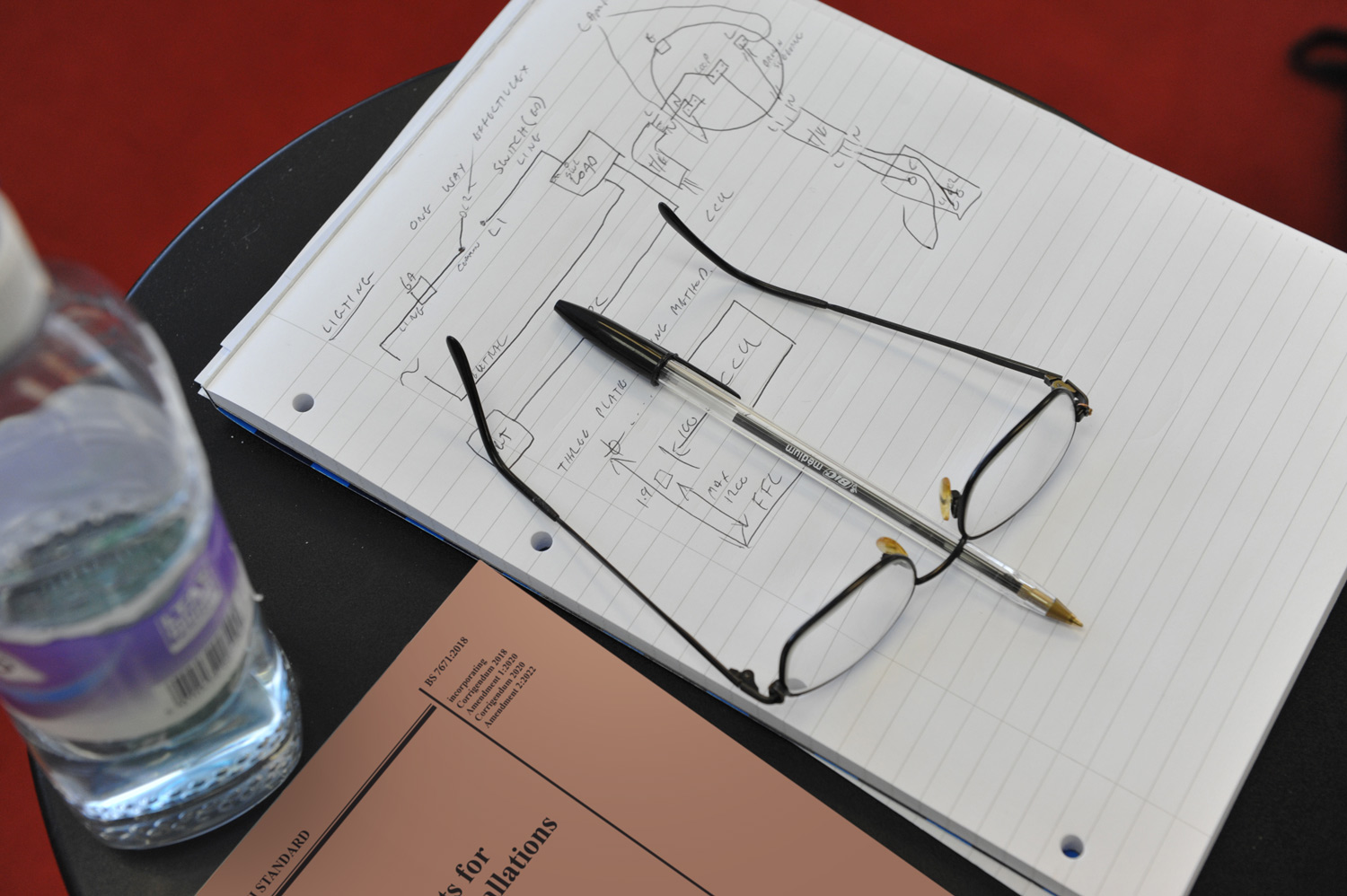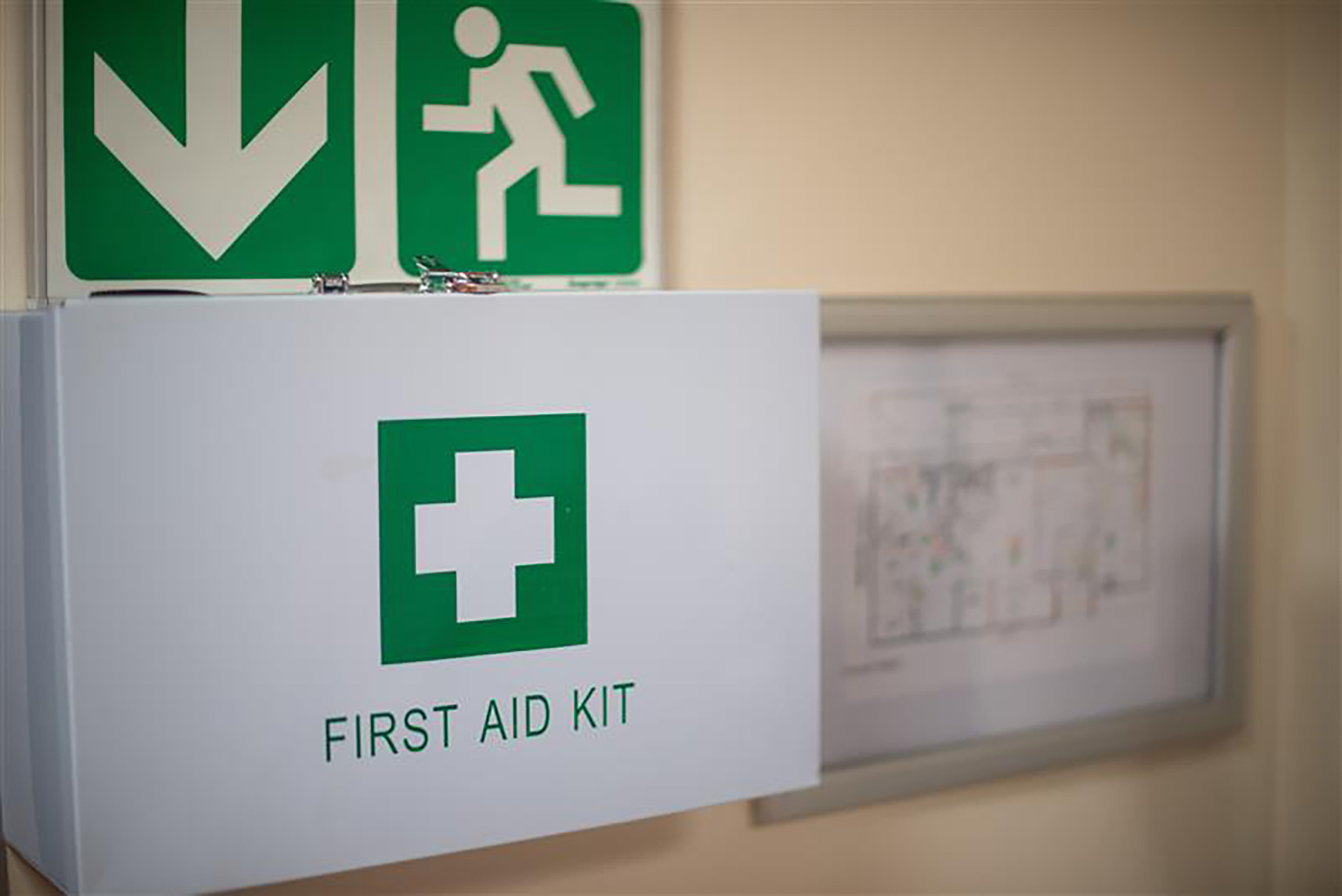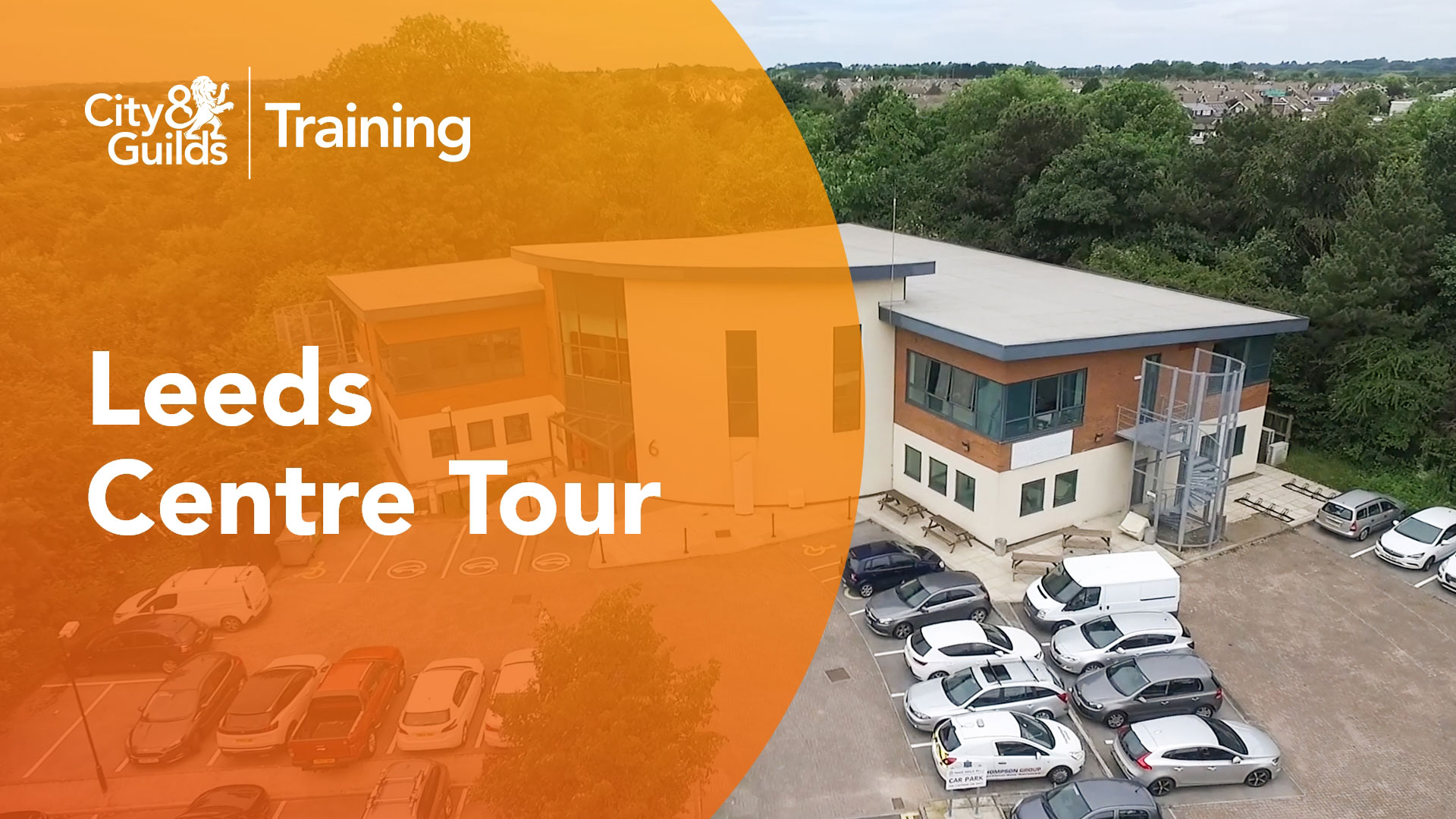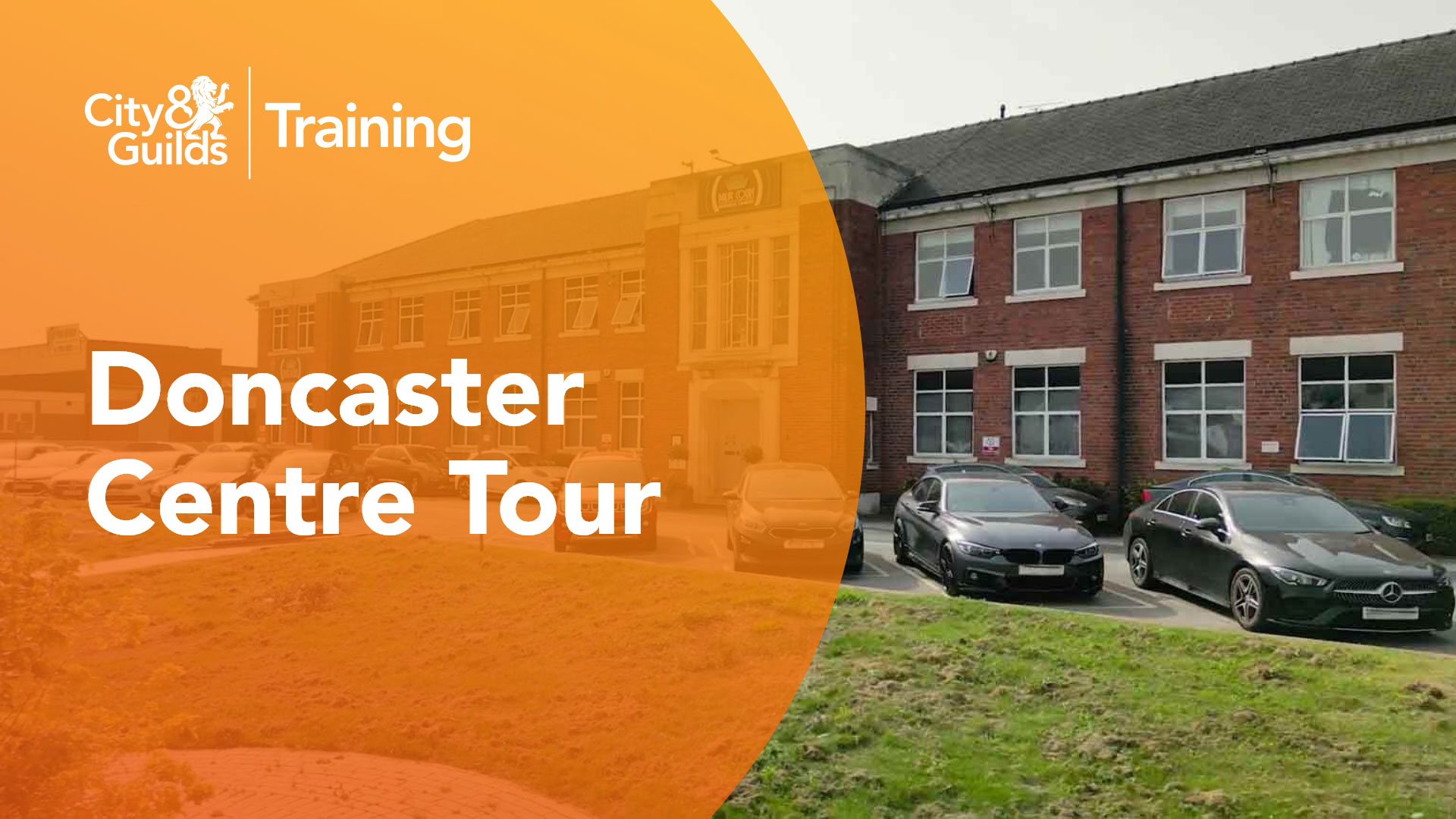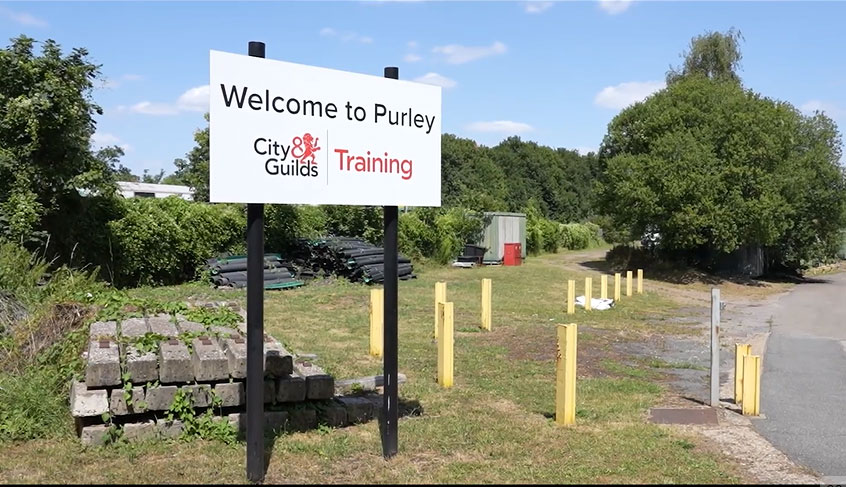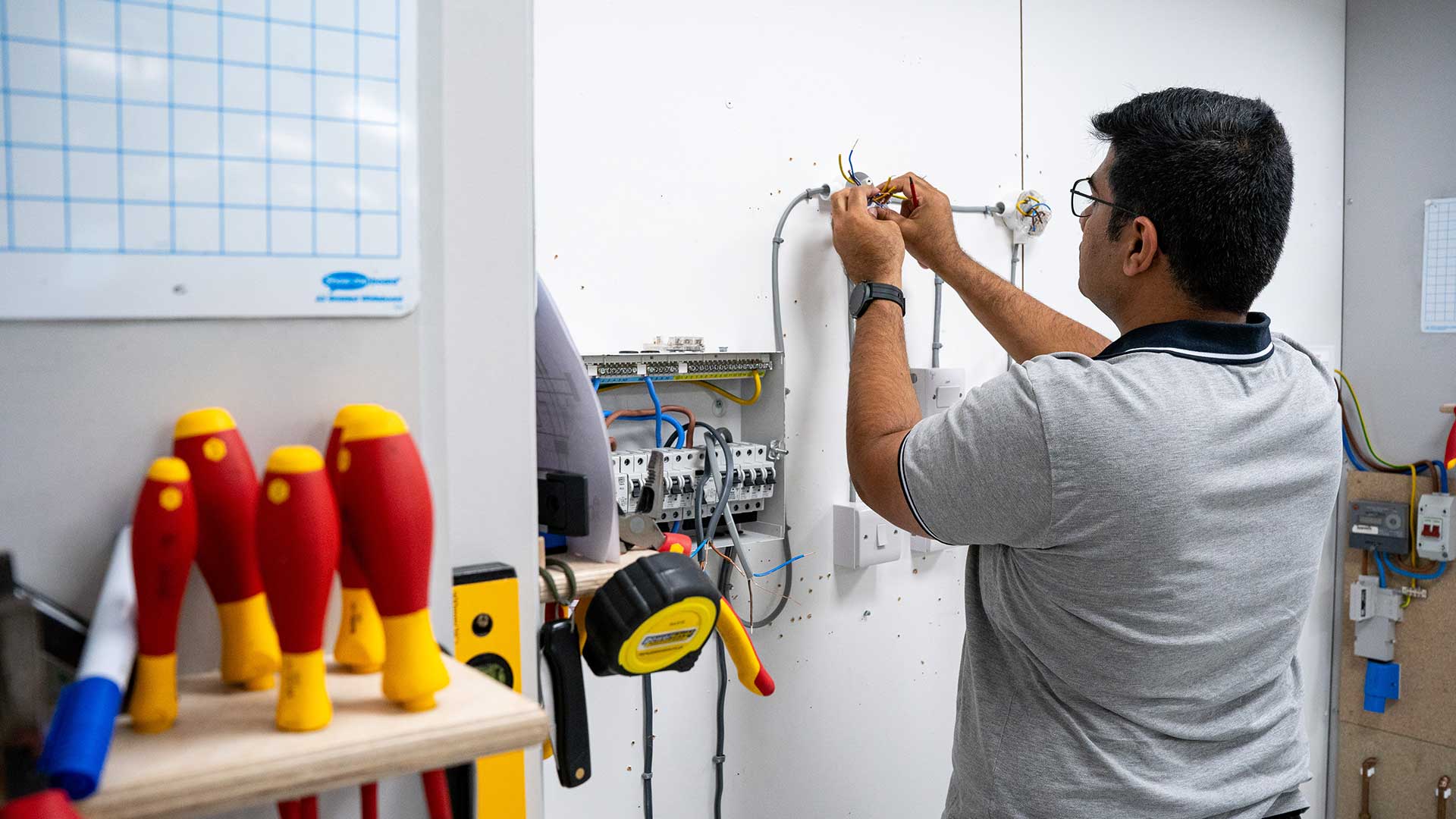Electricians are the unsung heroes behind our well-lit, powered, and technologically advanced lives. They ensure our homes, offices, and public spaces function safely and efficiently. However, the electrical trade is not without its risks. Unforeseen accidents, mishaps, or unfortunate incidents can lead to significant financial losses, legal liabilities, and damage to one’s professional reputation. To mitigate these risks and secure the foundation of your electrical business, having the right insurance for your electrician business is as important as being a qualified electrician. In this guide, UK’s best electrician training team at Trade Skills 4 U will talk about the different aspects of insurance for electricians, so you have the knowledge needed to make informed decisions and secure the necessary coverage.
Why Electricians Need Insurance
Electricians work in a dynamic environment where the unexpected is an ever-present reality. In the absence of insurance, these unforeseen incidents can place an immense personal and financial burden on your shoulders. Insurance isn’t a luxury for electricians; it’s a necessity that provides protection, peace of mind, and a safety net in case of various unforeseen events. Here’s why insurance is a must-have:
- Accidental Damage: Electrical work involves navigating through various properties, and accidents leading to property damage can happen. Insurance covers these liabilities.
- Protecting Against Injuries: Electrical work carries inherent risks. Injuries to yourself or others are a reality. Insurance helps shoulder the financial burden in case of accidents or injuries.
- Tool and Equipment Protection: Electricians rely on expensive tools and equipment. Insurance coverage ensures that the loss or theft of these essential tools doesn’t disrupt your livelihood.
- Legal Safeguards: In the litigious world we live in, legal disputes can be crippling. Insurance provides protection and legal representation in such cases.
- Employee Well-being: If you employ staff, you’re responsible for their safety and well-being. Insurance, in this context, is not just a legal requirement but an ethical obligation.
- Preserving Your Reputation: Professional indemnity insurance safeguards your reputation by protecting you from claims of professional negligence or data breaches.
Essential Types of Insurance for Electricians
While the specific insurance needs of electricians may vary based on their circumstances and business structure, there are several core types of coverage that are generally indispensable. Here are the key insurance types of electricians should consider:
Public Liability Insurance
We often get asked what insurance does a self-employed electrician need? Public liability insurance is the answer! This protects your business if property becomes damaged during the course of your work there or if you have an accident which requires you to take time off work to recover. It also shields you from liability in case of accidental property damage or injury to third parties, including clients or members of the public. Given the potential risks associated with electrical work, this coverage is critical.
There are several levels of public liability insurance available up to £5M so you can be sure that you will be protected financially in the unlikely event of a serious incident occurring. If you are thinking about not bothering with public liability, consider, for example, how you will meet the cost of potential property damage. In fact, the largest public liability claim to date within the NICEIC Insurance Services was £110k due to fire damage at a property where a contractor was working. Think about how you would meet such a cost if this happened to you!
Employers’ Liability Insurance
If you employ any staff, including trainees or subcontractors, Employers liability is compulsory as it is your duty to protect the well-being and safety of those who you employ within your business. It covers the costs associated with injuries or illnesses your employees sustain while working for you. Failure to have this insurance can result in significant fines in excess of £2500 per day. Employers’ liability insurance cover can protect you up to £10M in liability so you can have the peace of mind that you have sufficient cover in place. In fact, the largest employer’s liability claim to date through NICEIC Insurance Services was for £352k. This claim was the result of a sub-contractor falling off a ladder.
Tools and Equipment Insurance
Tools and equipment insurance, also called Tools In Transit Cover, provides protection against the theft, damage, or loss of your essential tools and equipment. It is all too easy to overlook this optional extra in favour of cheaper cover, however of claims made to date through NICEIC Insurance Services 29% have been for theft. 78% of these claims relate to theft of tools, particularly from a van.
Having tools stolen from a van is one of the biggest bug bears among electricians and it can be very costly to replace them if they are stolen, not to mention lost days when you cannot work. As such it is worth considering some optional tools in transit cover to your policy so you are covered should you have to deal with this.
Fee for Intervention (FFI) Cover
It is worth comparing different policies to find out what you are actually covered for. A more expensive policy may actually cover you for items which are optional extras in another quote. If you hold your insurance with NICEIC Insurance Services, you will also be covered for ‘Fee for Intervention’ (FFI). If your insurance doesn’t cover you for this currently you may like to read on.
Since 1st October 2012 HSE have been operating a Fee for Intervention (FFI) cost recovery scheme. This scheme means that under the Health and Safety (Fees) Regulations 2012, those that break health and safety laws are liable for the recovery of HSE’s related costs including inspection, investigation and taking enforcement action.
At a cost of £124 per hour, this could prove to be very costly to electrical contractors who are involved in HSE disputes.
To help avoid this, NICEIC Insurance Services now provide limited cover up to £1000 as standard with their Public Liability Insurance.
Professional Indemnity Insurance
Professional Indemnity Insurance is a critical safeguard for individuals who offer professional advice or handle client data. This insurance serves as a protective shield against claims stemming from professional negligence or data breaches, ensuring that both your reputation and financial well-being remain secure.
In the realm of construction, Professional Indemnity Insurance, often referred to as Design and Construct Professional Indemnity, is a specialised policy tailored to shield contractors and subcontracted specialists from allegations related to errors in their work or incorrect designs.
This policy encompasses legal defence costs for contractors and any potential damages awarded in connection with alleged errors in project design or construction. These errors can include issues such as incorrect designs, projects that do not meet their intended purposes, or the use of improper materials that deviate from the project specifications.
While a conventional Professional Indemnity policy generally excludes claims associated with design, construction, maintenance, or installation errors, a Design and Construct policy is purposefully crafted to encompass these specific claims. In addition to this broader coverage, a Design and Construct Professional Indemnity policy offers Rectification Cover, which includes the costs incurred for remedial work or actions taken to mitigate potential losses that could otherwise lead to a liability claim.
Cyber Insurance
With the rise of digital threats and data breaches, Cyber Insurance can protect your business from the financial consequences of data breaches, hacking incidents, and other cyber-related events. Given the increasing reliance on technology in electrical work as well as the volume of sensitive client, company, and supplier data collected, safeguarding your digital assets is vital.
What is the Difference Between Public Liability and Employers’ Liability Insurance?
Understanding the key differences between Public Liability Insurance and Employers’ Liability Insurance is essential for electricians:
- Public Liability Insurance protects you in cases of accidental property damage or injury to third parties, such as clients or members of the public. It serves as a financial safeguard in the event of accidents or property damage during your work. This coverage is highly recommended for all electricians, especially if you work in clients’ homes.
- Employers’ Liability Insurance is a legal requirement if you employ staff. It covers the costs associated with injuries or illnesses that your employees sustain while working for your business. Fines for not having Employers’ Liability Insurance in place can be substantial, making it an imperative aspect of your business structure.
Choosing the Right Insurance for Electricians
Selecting the right insurance for your electrical business is not a one-size-fits-all endeavour. It requires careful consideration and a clear understanding of your specific needs and circumstances. Here are some essential factors to keep in mind:
Assessing Risk
Evaluate the level of risk your business faces in the electrical trade. Consider the nature of your projects, the types of clients you work with, and the potential hazards involved in your work.
Financial Well-being
Assess your financial well-being and cash flow. If you have limited cash resources or savings, it’s advisable to opt for more comprehensive coverage to reduce out-of-pocket expenses in case of a claim.
Specialisation and Work Type
Consider the type of electrical work you perform. Different specialisations may entail varying levels of risk, which can affect your insurance needs. For example, a highway system electrician may require different coverage compared to someone specialising in equipment testing and maintenance.
Consult a Professional Insurance Broker
Navigating the complex world of insurance can be challenging. Consult with a professional insurance broker or agent who specialises in electrical insurance. They can provide expert guidance, assess your unique requirements, and help you obtain the coverage you need.
Regularly Review and Update
Insurance is not a set-and-forget arrangement. It’s crucial to regularly review and update your insurance policy to ensure it aligns with your evolving needs and the changing landscape of your electrical business.
Is Electrical Contractor Insurance Mandatory?
While not all types of electrical insurance are legally required, certain types are mandatory:
- Employers’ Liability Insurance is compulsory if you employ staff. It ensures you meet your legal obligations and safeguards your employees.
- Public Liability Insurance may be required by certain clients or trade associations as part of your contractual obligations. While it’s not legally mandatory, it is a fundamental aspect of your business structure to protect against liability.
Having the right insurance can reassure clients, fulfil legal requirements, and protect your business from financial setbacks and legal troubles.
What Does Public Liability Insurance Cover?
Public Liability Insurance for electricians provides coverage for various scenarios, including:
- Property Damage Claims: If your work leads to damage to a client’s property, this insurance will cover the cost of repairs and restoration.
- Injury to Third Parties: In the unfortunate event that a client or a member of the public is injured due to your work, this insurance covers compensation claims, legal fees, and medical expenses.
Given the potential risks and hazards associated with electrical work, Public Liability Insurance is an indispensable safeguard.
What Does Employers’ Liability Insurance Cover?
Employers’ Liability Insurance serves a distinct purpose by covering:
- Injuries or Illnesses to Employees: This insurance covers the costs associated with injuries or illnesses your employees sustain while working for your business. It provides financial protection for both you and your employees.
- Legal Expenses and Compensation Costs: If an employee makes a claim, Employers’ Liability Insurance ensures that you have the financial resources to cover legal expenses and compensation costs.
This type of insurance is not just a legal obligation but also a moral and ethical responsibility to ensure the well-being of your staff.
How Much Does Electrical Insurance Cost?
The cost of electrical insurance can vary significantly based on several factors, including:
- The type and level of coverage you choose. More comprehensive coverage often comes with a higher premium.
- The nature of your electrical work, whether it’s domestic or commercial, and the potential risks involved.
- The number of employees in your business. Employing staff increases the complexity of your insurance needs.
- Your geographical location. Insurance costs can vary by region, with some areas having higher risks or claims histories.
- Any previous insurance claims. A history of claims may lead to higher premiums.
To find the best insurance prices, it’s advisable to obtain multiple quotes and compare them to select a policy that suits your specific needs and budget. Additionally, consider any available discounts for bundling multiple coverage types or through professional associations. Remember that, as an NICEIC registered electrical contractor, you’ll benefit from a 10% discount on the cost of your electricians insurance.
Get electrician insurance coverage today
If you don’t currently have any insurance cover, Trade Skills 4 U recommend obtaining a quote today and get covered before you carry on working. It is also a good selling point to your customers who are far more likely to use your services if they know you hold the appropriate insurance cover.
If you are currently covered, now is a good time to review your insurance to ensure it matches up to the statistics mentioned in this article.
Spending a little time now on perfecting your insurance cover can save you a lot of problems in the event of something going wrong.
As an electrician in the UK, obtaining the right insurance is not just a smart business decision; it’s often a legal requirement and a fundamental element of ethical practice. Insurance safeguards your financial stability, protects your reputation, and ensures you are prepared for unexpected incidents in the dynamic world of electrical work. By considering your specific needs, consulting with insurance professionals, and regularly reviewing and updating your coverage, you can approach your work with confidence, peace of mind, and a solid foundation for success. With the right insurance in place, you can focus on your electrical projects, knowing that you are adequately protected in this essential trade.
Check out www.niceicinsurance.com for more information.
Become an electrician in the UK or specialise in high-demand areas with Trade Skills 4 U
Trade Skills 4 U offers top-tier electrician training in the UK for both beginners wanting to start a career as an electrician as well as specialised courses for electricians looking to expand their skills. With comprehensive courses, experienced instructors, flexible in-person and online learning, and opportunities for funded training so you can earn while you learn, it’s the perfect place to start your electrician career. Gain recognised qualifications and job placement assistance, all at an affordable cost. Choose Trade Skills 4 U for a successful journey in the UK’s electrical industry.

